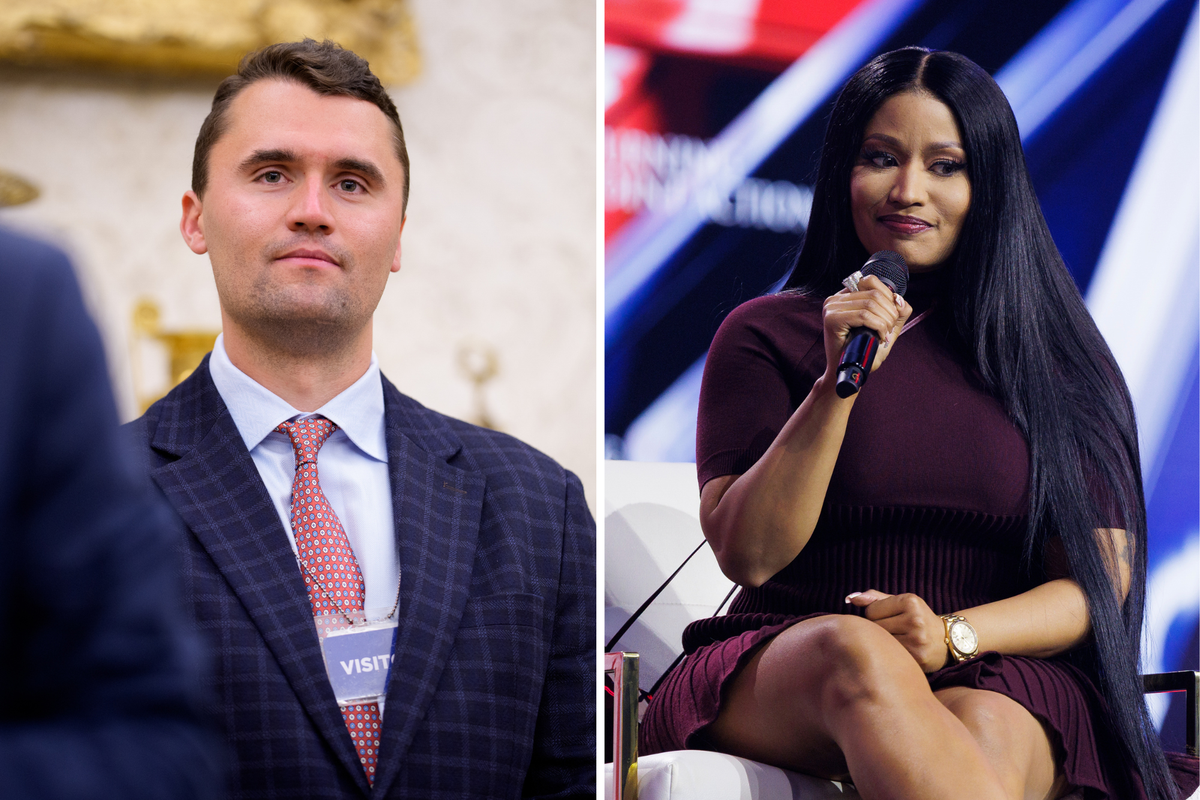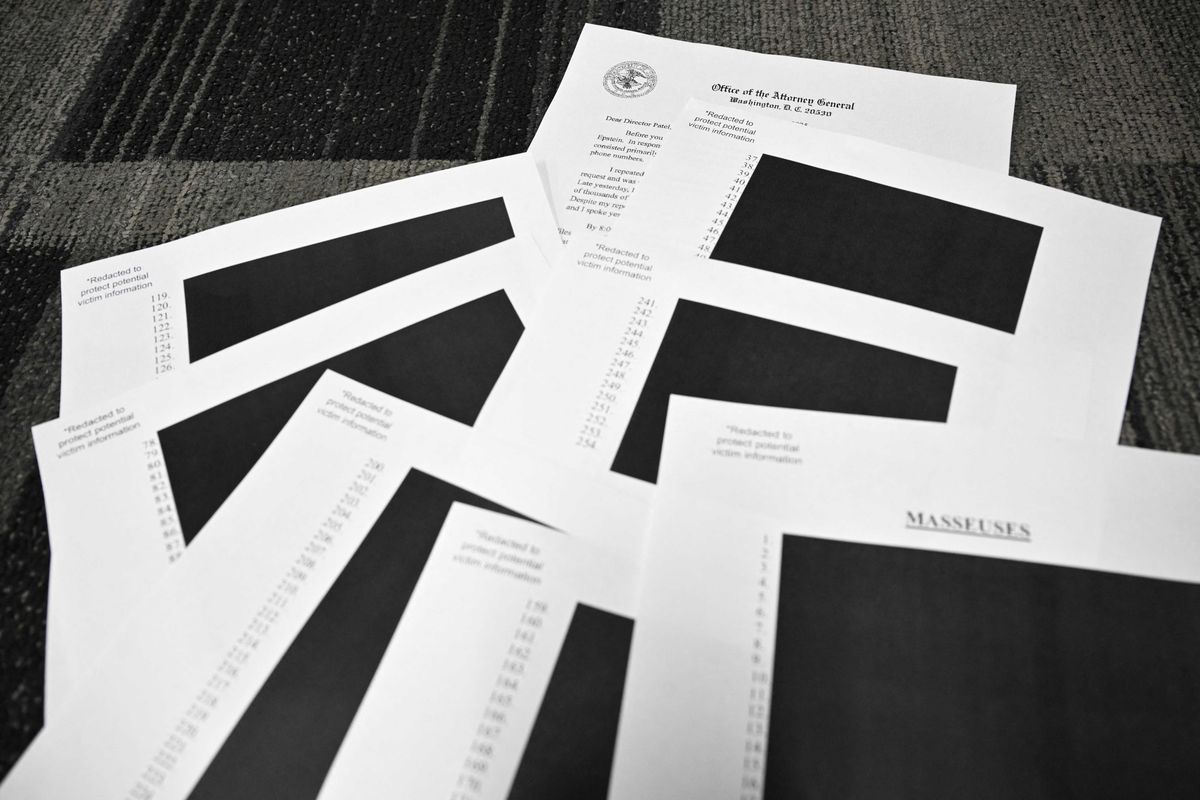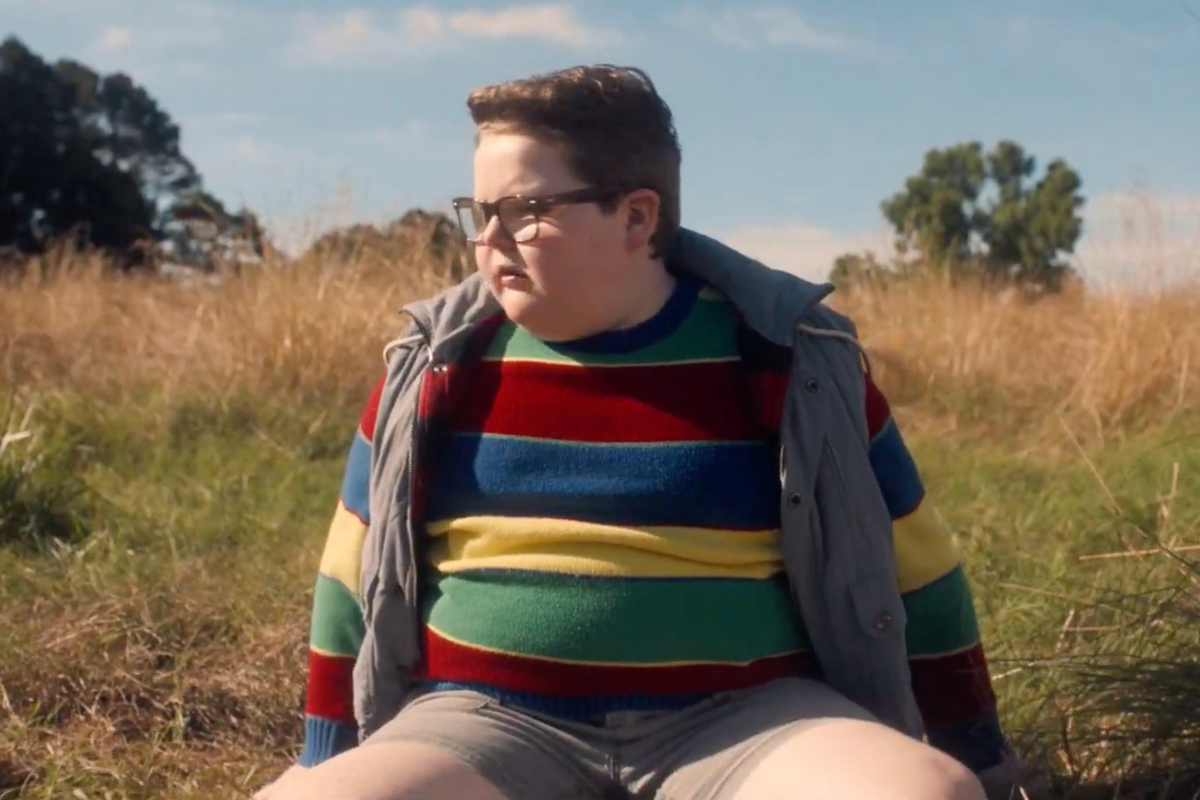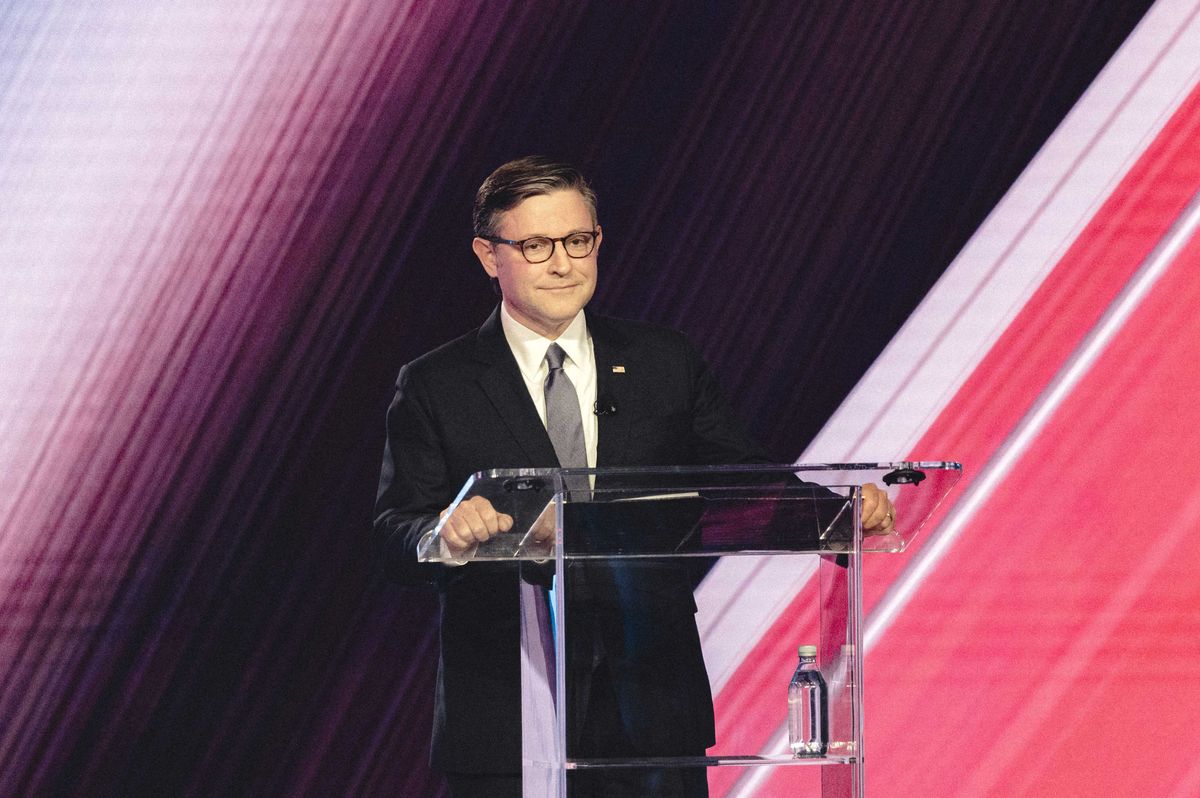News
Narjas Zatat
Apr 16, 2018

Picture:
iStock
A new study finds that straight people who live in traditionally ‘gay’ neighbourhoods exhibit subtle forms of discrimination against their LGBT+ neighbours, despite claiming to support them.
The study, conducted by the University of British Columbia was published in the journal City and Community.
It found that straight people who lived in ‘gaybourhoods’ are contradictory: they say they support gay rights, but a closer look at their interactions with (and thoughts of) their gay neighbours point to the contrary.
Researchers interviewed 53 straight people who live in two Chicago neighbourhoods known for their gay communities – Boystown and Andersonville. They found that most of the residents said they supported gay people, but their actions were not as progressive as their views.
When they were asked about gay people, many said they didn’t like those who were “in your face”.
Others accused people from the LGBT+ community who didn’t like straight people moving into gay neighbourhoods with “reverse racism”, and called them “segregationist” and “heterophobic”.
Amin Ghaziani, the study's senior author and associate professor of sociology at UBC, said:
There is a mistaken belief that marriage equality means the struggle for gay rights is over.
But it is far from over. Prejudice and discrimination still exist - it's just more subtle and difficult to detect.
He added:
If a group of straight women hosted a bachelorette party in a gay bar, for example, they were surprised that they felt 'unwelcome'.
That feeling of surprise, however, exemplifies a misguided belief that gay districts are trendy commodities when they are actually safe spaces for sexual minorities.
Most of those who were asked said they had not actively shown support of gay rights by attending a pride parade of donating to an LGBT+ organisation.
Ghaziani believes this disconnect – in words and action – is the real issue.
The people we interviewed say their desire is for everyone to 'just get along,' but that desire implies that gaybourhoods are utopias where everyone can live, rather than places where minorities can find relief from discrimination and social isolation.
Adriana Brodyn, the study's lead said:
I hope that our research motivates people against becoming politically complacent or apathetic.
If we do not motivate ourselves to be aware of this subtle form of prejudice, then it will just continue to perpetuate.
H/T Eurekalert
More: Psychiatrist who tried to 'cure' gay people had sex with male patients in his office
Top 100
The Conversation (0)













